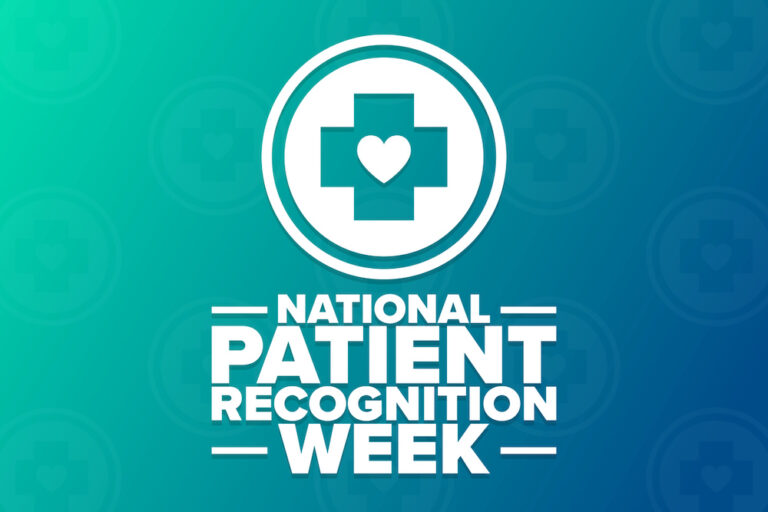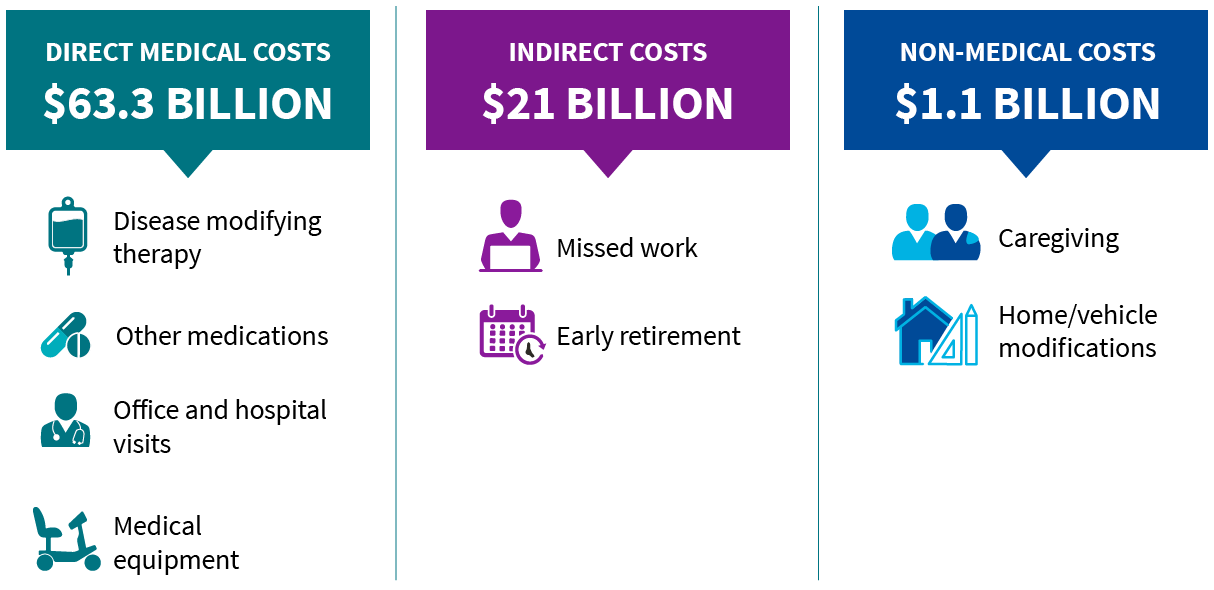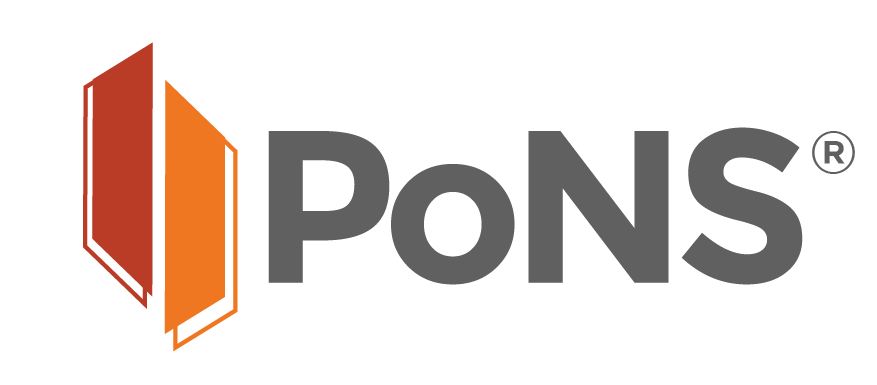Celebrate National Patient Recognition Week
Observed from February 1-7, National Patient Recognition Week serves as a call for healthcare professionals across the country to recommit themselves to delivering exceptional care and enhancing patient satisfaction. This movement started in 1995 when John O’Malley, a clinician, wanted to address the increasing healthcare costs and public dissatisfaction with the U.S. healthcare system.
For those in our healthcare community, National Patient Recognition Week underscores the significance of reflecting the impact of MS, and responding to it with high-quality care to help patients manage their symptoms and improve their quality of life.

How MS impacts patients and caregivers

Work and earn an income

Participate in social activities

Enjoy hobbies or activities for leisure
The cost of MS3

The personal financial burden alone is a heavy weight on patients’ shoulders. Luckily, healthcare providers like you can guide them toward resources from trusted organizations, such as the National MS Society, that can wholistically help them manage the weight of living with MS.
3 Ways Healthcare Professionals Can Help

1.
Direct patients and caregivers to resources that can alleviate the high cost of care.
The National Multiple Sclerosis Society has multiple resources that can help patients get prescription financial assistance.
2.
Advocate for policy initiatives for providing treatment and long-term care, worksite support, employment, and occupational training.
Just because a patient has MS does not mean they need to stop working. The National Multiple Sclerosis Society has resources about employment, new career options, and more, for your patients.
3.
Encourage patients and caregivers to seek necessary accommodations.
That way, they are empowered to advocate for themselves at their current job. As a result, patients and their caregivers can continue to work with more flexibility, and employers can retain valuable employees.
The National Multiple Sclerosis Society has many resources for patients who would like to learn about or need accommodations.
It is so important to ensure that your patients recognize their potential and importance. Even though National Patient Recognition Week is just a week, we know that you stay informed, connected, and continue to be your patient’s ally each and every day of treatment.
Thank you, for all that you do.

